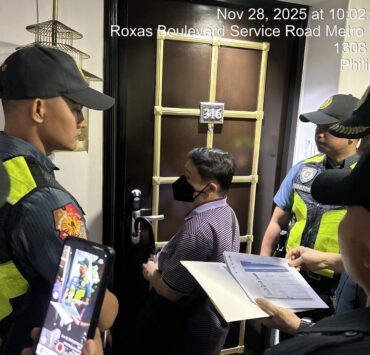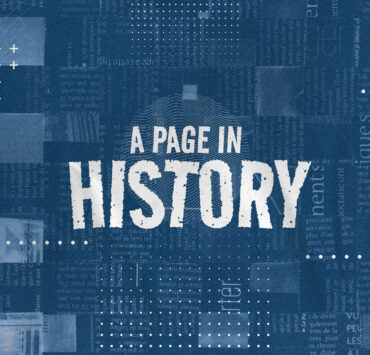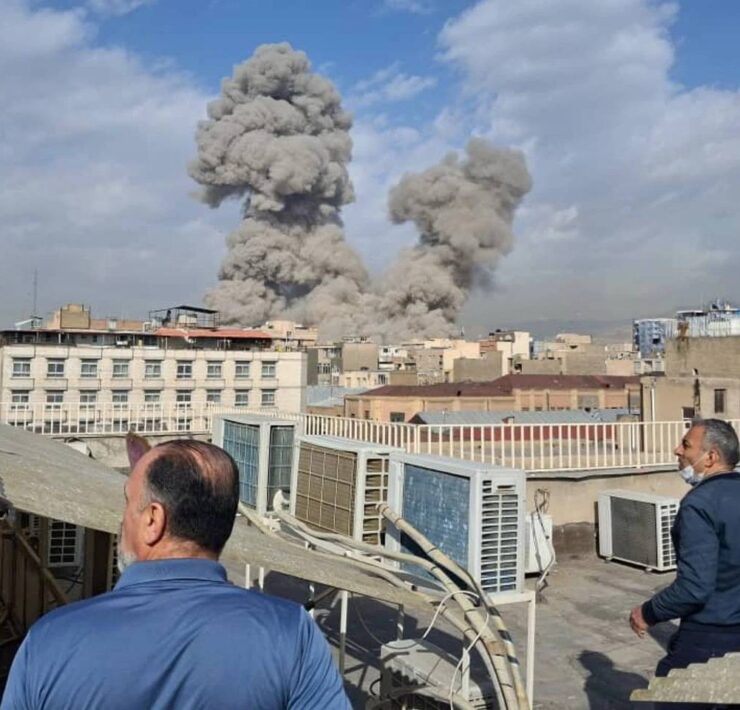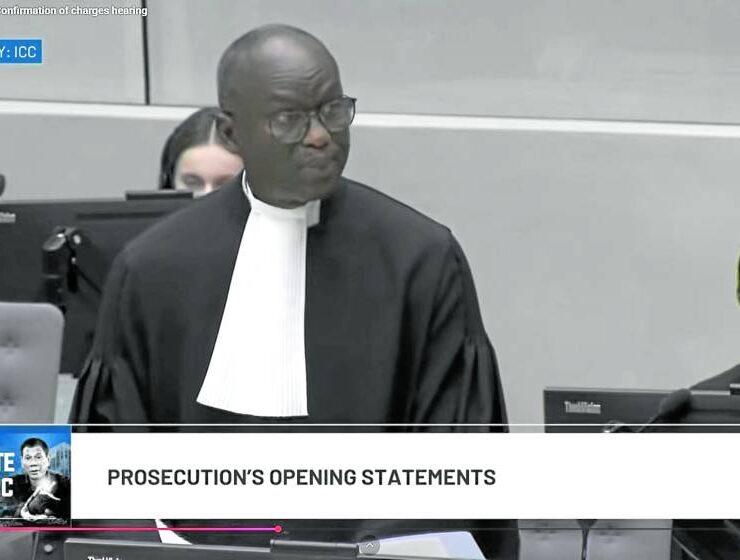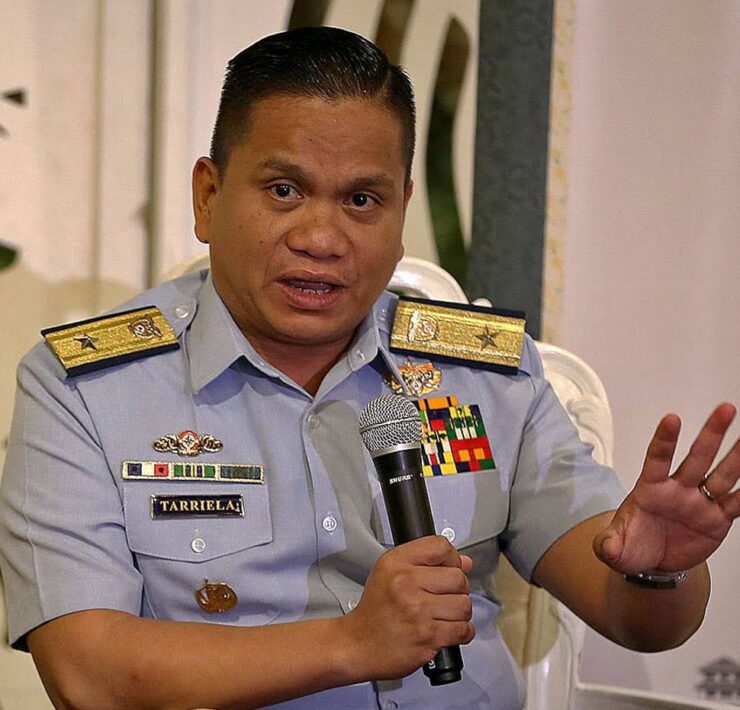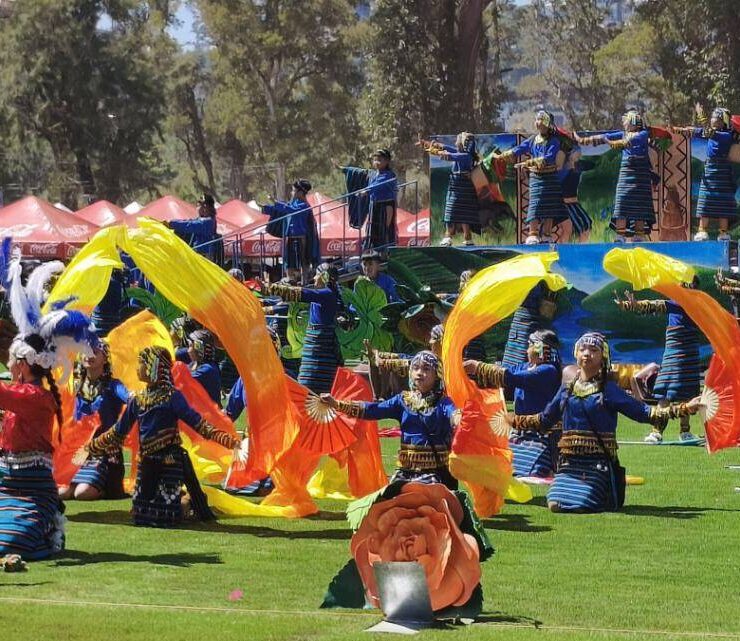Du30 stays in detention at ICC; appeal rejected
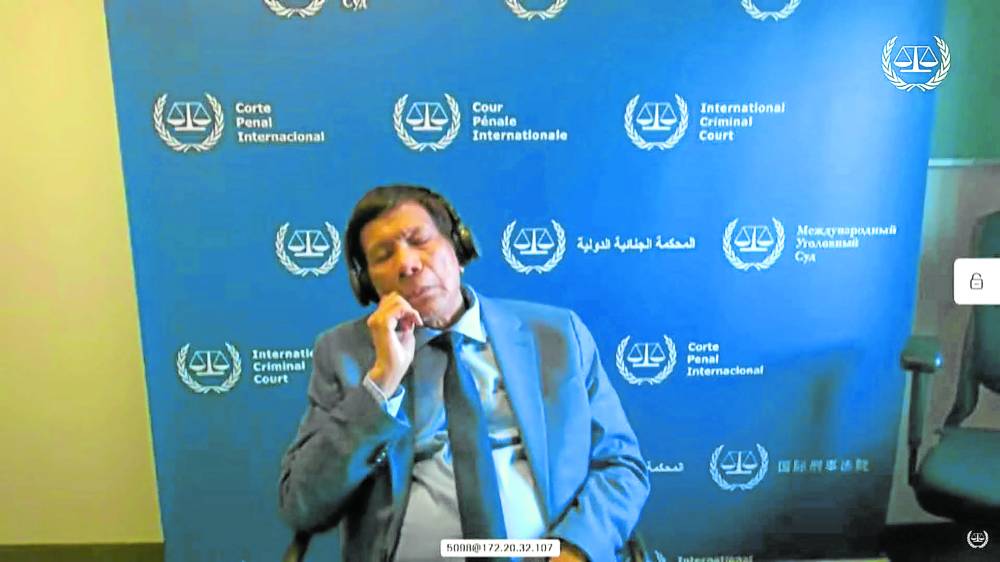
The five-member Appeals Chamber of the International Criminal Court (ICC) on Friday unanimously rejected the interim release of former President Rodrigo Duterte, affirming the decision of Pre-Trial Chamber I (PTC I) to keep him in detention in The Hague, the Netherlands.
In a live broadcast of the proceedings, Luz del Carmen Carranza, presiding judge of the Appeals Chamber, read their decision throwing out all three grounds raised by Duterte’s lawyers in October challenging the PTC I’s ruling in September.
While the mood in the court room was serious as Carranza announced the chamber’s ruling from the ICC in the Dutch city, drug war victims and their families thousands of miles away who were visibly emotional awaiting the ruling, erupted into cheers as she declared the unanimous decision.
Duterte opted not to attend the hearing.
His family gave a brief response, yielding to the decision.
“The family accepts the ICC Appeals Chamber’s decision with peaceful hearts,” according to a statement released by the Office of the Vice President Sara Duterte.
“We will continue to work with the defense team on the case and will keep supporting former President Rodrigo Duterte with our daily conversations. We thank everyone who prayed with us today,” it said.
Palace respects ruling
Malacañang gave an even shorter comment.
“The International Criminal Court has already made its decision, and the Palace respects it,” Malacañang press officer Claire Castro said in a Viber message to reporters.
The livestreamed hearing allowed various human rights and civil society groups to watch the proceedings alongside the widows, orphans and parents still grieving over the loss their loved ones in Duterte’s ruthless war on drugs that started when he was Davao City mayor and later as president.
He was surrendered by the Philippine government to the ICC in March. He is accused of the crime against humanity of murder for the thousands killed in his antinarcotics campaign.
Emotional watch party
Program Paghilom, which helps families of drug war victims heal from their trauma through psychospiritual sessions, hosted a viewing party at the Catholic Trade Building in Sta. Cruz, Manila.
A joint watch party was organized by Karapatan, National Union of Peoples’ Lawyers (NUPL) and support group Rise Up for Life and for Rights at the University of the Philippines Law Center in Diliman, Quezon City.
It was an overwhelming burst of emotions for many of the families of drug war victims, including 56-year-old Emily Soriano, mother of Angelito, who was just a high school student when he was gunned down by unknown assailants just after Christmas Day in 2016.
She remembers like it was just yesterday how Duterte at that time threatened that “this would be the last Christmas of drug addicts.”
“You’re the president, you should love your countrymen. If someone is an addict, you should treat their addiction. Killing is not the solution,” Soriano said in an interview with the Inquirer.
Many of the mothers stood in front of the TV screen and hugged each other to find fleeting comfort in their grief that had dragged on for nearly a decade with the alleged drug war perpetrators yet to be proven guilty in court.
The Appeals Chamber rejected the following main grounds that the defense based its appeal on, noting that the Duterte camp “failed” to prove them on all counts: that the PTC I “erroneously found that Mr. Duterte poses a risk under Article 58(1)(b)(i)-(iii) of the Rome Statute; that the PTC I “erred in its rejection of the State guarantees;” and that the PTC I “erred in law by failing to take into account humanitarian considerations in assessing the right to interim release.”
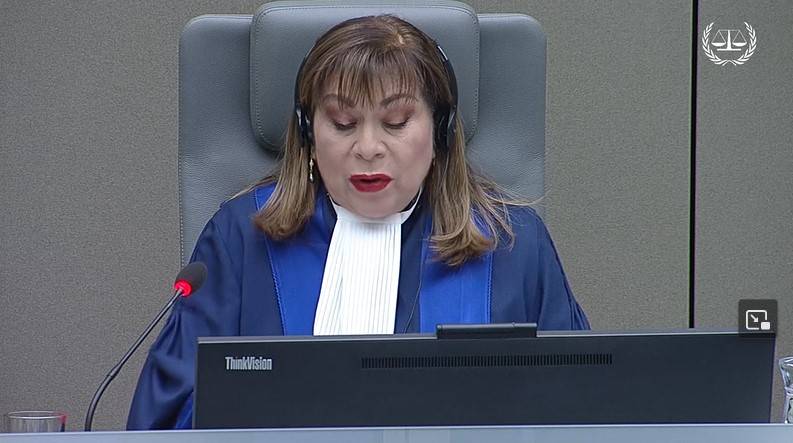
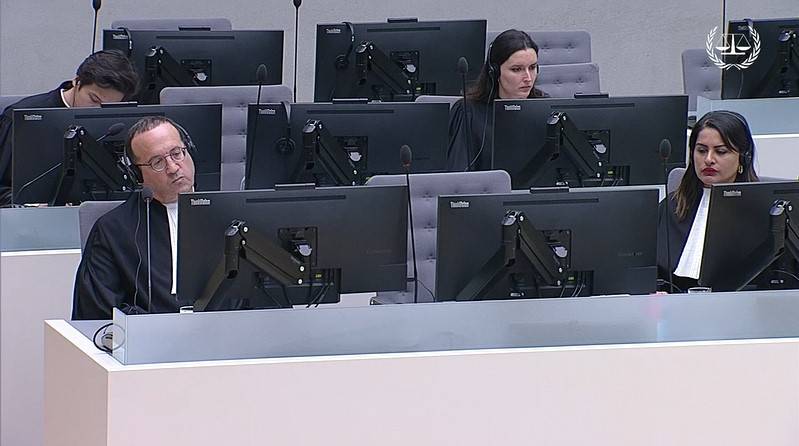
‘Network of support’
The defense filed the appeal on Oct.14, nearly three weeks after PTC I thumbed down the request by Duterte’s lawyers to release him on certain conditions to an undisclosed host country.
The Appeals Chamber said “the defense has failed to demonstrate the (PTC I’s) assessment was unreasonable,” read part of the decision.
Citing Article 58 (b) of the Rome Statute, which sets out the conditions by which an accused should remain in the ICC custody, the chamber affirmed the risks posed by the “possibility, not the inevitability” of Duterte evading and endangering the pretrial proceedings, with the help of his “network of support,” for the crime he is charged with.
“The Appeals Chamber considers that contrary to the defense’s argument, the PTC specifically outlined why it found that there existed a network of supporters in relation to Mr. Duterte, and for which reason this supported its conclusion that the risk under Article 58 … of the statute was established,” the decision said.
Risk remains
“In the view of the Appeals Chamber, the manner in which the Pre-Trial Chamber undertook this assessment was case-specific, as it took into account the specific circumstances of Mr. Duterte, amongst others, his position as former President of the Philippines and his recent reelection as mayor of Davao City in May 2025.”
The Appeals Chamber also agreed with the PTC I’s position on the question of temporary liberty on humanitarian grounds, saying that the purported ailment of Duterte and the conditions the defense proposed should he be released “do not mitigate” the risks he posed.
Duterte’s lawyers, citing medical reports, told the court that he has been showing signs of cognitive impairment, a condition that could hinder him from actively participating in the case.
The PTC has since appointed a panel of experts to determine whether there is basis to indefinitely suspend the proceedings based on the health condition of the 80-year-old former president.
In a statement issued shortly after the ruling was publicized, the ICC said that after examining the arguments raised in the appeal brief, the Appeals Chamber found that the defense failed to identify errors in the PTC I’s reasoning or to demonstrate that its conclusions were unreasonable.
Trial can resume next year
According to human rights lawyer Kristina Conti, the next stages of the case, including the court’s decision on his fitness to stand trial could resume next year as the ICC chambers will suspend its sessions on Dec. 12.
“We can heave a sigh of relief knowing that Duterte will spend Christmas at the ICC detention facility,” Conti told a crowd of families, lawyers and individuals fighting for justice for the drug war victims.
The Appeals Chamber’s ruling is “technically not appealable,” as it is not in the ICC rules, the ICC-accredited counsel told the Inquirer.
The Office of the Prosecutor, for its part, said in a statement on Friday, that its preparation for the confirmation of charges hearings would continue, following the latest decision in the Duterte case. —WITH REPORTS FROM FAITH ARGOSINO, LUISA CABATO AND INQUIRER RESEARCH














